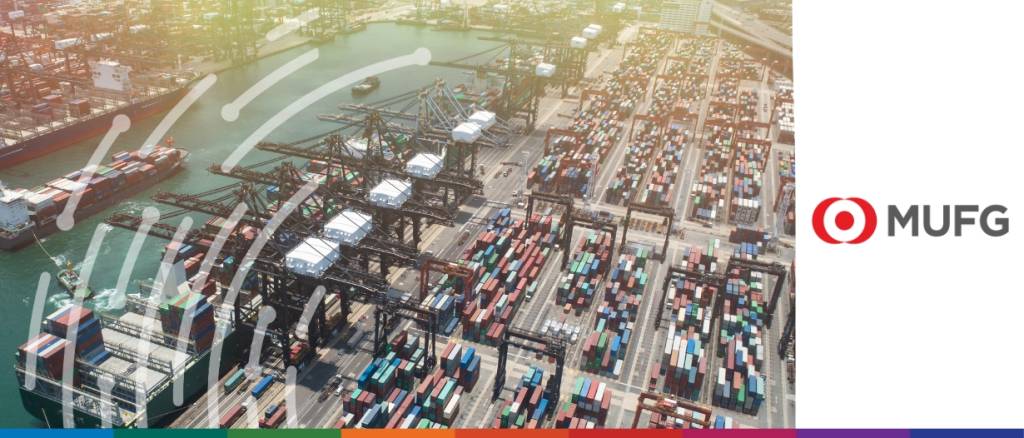T3i Partner Network LLP, a global alliance of experts in trade, treasury, and technology, has formally unveiled its inception, aimed at furthering advancements in the fields of trade finance and… read more →
Surecomp has unveiled a strategic partnership with Pelican AI, a leading international supplier of AI-driven financial crime and compliance solutions, in a joint effort to accelerate the digital transformation of… read more →
From payments, credit and lending, to trade and supply chain finance, the entire financial services industry is being disrupted. Regulatory requirements, industry standards and the environmental, social, and governance (ESG) agenda have accelerated.
Since B2B can attract the most money, the focus quickly turned to helping the corporate treasurer, the SME, and the B2B space.
Visa, and Conferma Pay, a virtual payment firm, have unveiled plans to bolster their ongoing partnership. Their primary focus is to refine Visa Commercial Pay, an array of B2B payment… read more →
Over the past several months, corporates have increasingly been asking for details on a bank’s distribution capabilities when deciding which financial firm to work with.
The Electronic Trade Documents Act (ETDA) is soon to be granted Royal Assent and will be implemented two months thereafter. This Act is the result of years of dedicated effort… read more →
Globalisation is not dead, contrary to recent claims. Nowhere is this more evident than in global trade, where high-growth trade corridors in Asia, Africa and the Middle East are set to outpace the global average by up to four percentage points.
In the ever-revolving landscape of trade payments, a notable trend is gaining momentum as the global financial industry embraces ISO 20022 – a data-rich and interoperable universal messaging format set to replace the legacy Message Text (MT) that has prevailed for years.
According to a study released on Wednesday by the US-based Atlantic Council think tank, 130 nations, representing 98% of the global economy, are currently exploring digital variants of their currencies.… read more →























